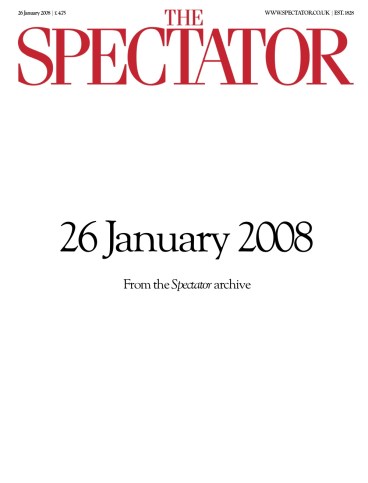The best possible ragbag
I love books like this. A writer writing about what he knows and what he loves and things he has done, with absolutely no thought as to the marketability of the book when it comes out. This very slight lack of focus has already been reflected in a couple of reviews. What is it, fish

